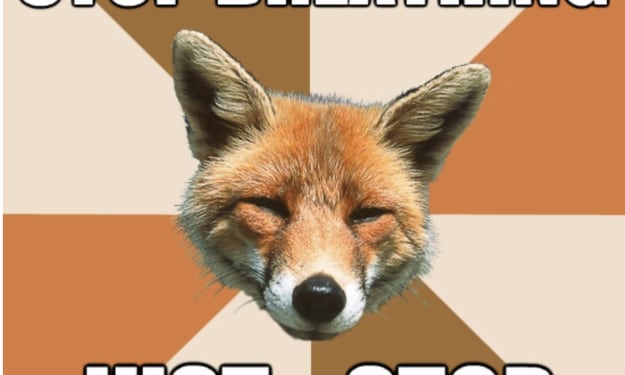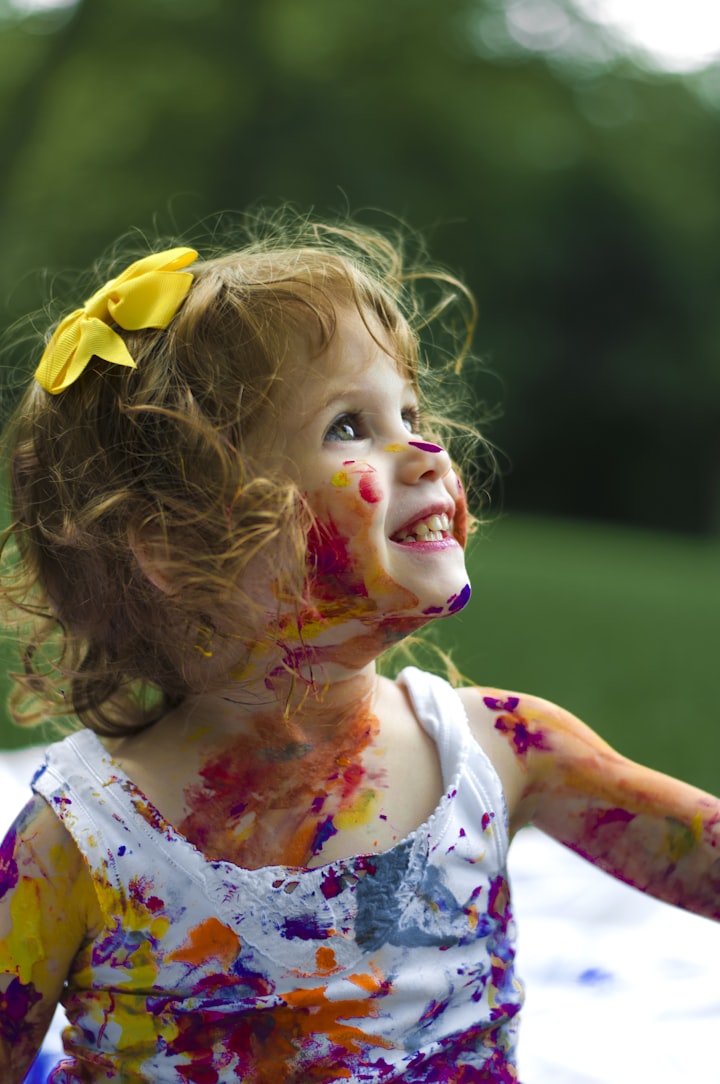
Every form of human interaction requires at least another human being, which makes it so difficult because no two of us were encoded the same. The way we were raised, the experiences we have had and the way we usually react to conflicts influence the way we perceive communication with other people. It is a perfect recipe for chaos. And yet, one of the most inevitable parts of life.
Resentment, Irritation and Memories. When somebody does something hurtful to us, we feel as if they have stripped us of a piece of our dignity. The direct consequences may have been dealt with, it may no longer bother us immediately. But somewhere in our heart we feel like we deserve justice. An apology, the mere acknowledgment of the harm they caused would mean so much to us. Sometimes it feels like we cannot move on until we receive this recognition from our perpetrator.
In many occasions people will voluntarily apologise when they hurt us. But unfortunately it is not always the case. Those that wound us deeply are the ones who do not want to apologise, those who are indeed aware of their actions and how they made us feel but still decide to stand their ground.
There are certain relationships we would not like to give up on, even though we know there is not much left to save. A lot of times, we are not ready to let go, we may be afraid or society makes it very difficult for us to do so. Sometimes, longing for justice is us hanging onto a toxic relationship.
Because as painful as it may be, when somebody does something with the intention to hurt you, an apology will not solve this conflict. Every sort of relationship should be based on mutual respect, compassion and understanding. Sometimes we find ourselves keeping relationships alive where this base is no longer solid. The respect has been lost, understanding doesn’t exist and we only have compassion for ourselves.
Situations like this can be very toxic and draining. But as unjust as it seems, when someone does something harmful to us, it becomes our issue and not longer theirs. Holding grudges, even if rightfully, only end up prolonging our healing process. It is important to understand, that we are not the incarnations of harsh words.
There seems to be a close link between the things people say and their true inner perception of themselves. When we insult people or accuse them of certain things, most times it reflects the way we feel about ourselves in comparison to them. When we create abstract theories about them, these ideas are more reflective of our own intentions, rather than theirs. When you find yourself on the receiving end of this, you may feel very hurt and confused.
Sometimes it is in the way we react to confusion, unfairness and being offended what ends up determining how a conflict affects us. There is a learning curve, but it is not as clearly decipherable. Distinguishing between constructive criticism and slander is the first step in dealing with an unpleasant encounter in a healthy way.
It is important to reflect on your behaviour and also acknowledge your influence on certain situations. It is important to make a conscious change once we understand how we trigger and ignite certain problems. But it is also important to forgive hurtful words, as they ultimately don't describe us.
Constructive criticism will point out a certain behaviour, but allow us to explain ourselves. It acknowledges that there were reasons why we behaved the way we did, even if it was wrong. It will allow us to understand our mistake as the human being with morals, who acted incorrectly, yet reparably. Oftentimes people will use slander and disguise it as addressing a situation. They will summarise you as being a failure, which made you act in the horrible, irreversible ways you did.
I am a firm believer of the idea that nobody thinks of themselves as the bad guy. Trying to convince someone thereof is like mopping the ocean. Everybody can justify their actions to a bystander who would, somehow, understand why they behaved like they did. When trying to solve a conflict it is important to be understanding of each other as well as open to recognising our own mistakes. If this is not possible, you may be missing the fundament of healthy communication and should really consider, if the energy in this relationship is beneficial to anybody.
We are all human and we all make mistakes. We are also highly intelligent and able to make changes. We need to give space to people to make up for damage and we must be willing to repair the damage we have caused. This is not humiliating and must be normalised. But most importantly, we must preserve our inner peace at all costs. We must be able to forgive, even when we haven’t been asked for forgiveness.
I hope you enjoyed reading this and have found clarifty about a situation you were trying to assess. If you know somebody who may benefit from reading this, please send it to them. I am very grateful for your support. With Love, Gabriella.
About the Creator
Gabriella
I have 1000 dreams and I'm completing them one by one.






Comments
There are no comments for this story
Be the first to respond and start the conversation.